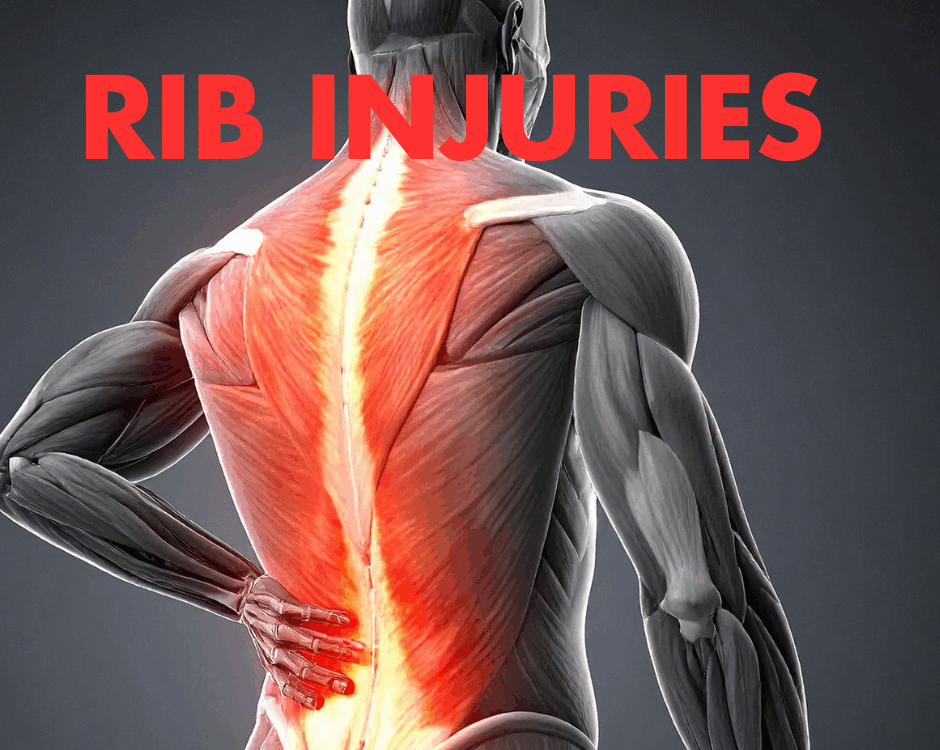What is Phantom Vibration Syndrome?

Tips for a Cough That Does Not Quit
October 5, 2023
Tips on Crocs Vs Shoes for Kids
October 5, 2023Phantom Vibration Syndrome
Smartphones are always now within arm’s reach and usually in our pockets. These devices keep us connected, informed, and entertained. They also introduce some weird occurrences into our daily lives. One such occurrence is known as “Phantom Vibration Syndrome.” Dr. Aaron Workman, a top chiropractor at one of the highest rated auto injury medical care facilities in Lexington, Kentucky, helps us understand this unusual syndrome.
I have experienced this firsthand and after reaching for my own phone multiple times, finding it was not even in my pocket, I had to research what this was. Let us talk about this phenomenon and discuss if we should be concerned.
Imagine you are going about your day when suddenly you feel a vague vibration in your pocket, on your hip, upper leg or thigh region. Out of habit you reach for your phone, but when you check your screen, the phone has been off and has no notifications. What you just experienced could be a classic case of Phantom Vibration Syndrome.
This syndrome refers to the perception of a vibrating sensation on your body, typically in the location where you usually keep your phone. Many people have reported feeling these phantom vibrations, even when their phones are not in their pockets or are powered off. This might seem like a strange error of the mind, but some believe it has a scientific explanation founded in the brain’s ability to adapt. When we use smartphones regularly, we become conditioned to the various alerts, messages, and calls that trigger vibrations. This association is like classical conditioning, where a stimulus becomes linked to a response. Here, the stimulus is the anticipation of a notification, and the response is the sensation of vibration on your body. When your brain anticipates a notification, it sends signals that are interpreted as vibrations, even when your phone remains off.
While this is generally harmless, it can affect people of all ages, from teenagers to older adults, and doesn’t seem to be linked to any specific group. Some experts suggest that it may reflect our attachment to our devices and our desire for social connection.
Anxiety and stress can also contribute to the occurrence. Some experience a twitch in a muscle when overly stressed but this is a whole other sensation. When we are anxious or under pressure, our minds can become hypersensitive to stimuli. This heightened state may make you more prone to the vibration sensations. Changing habits and focusing on stress reduction, along with limiting screen time can help promote a healthier relationship with our devices and relieve some of the anxieties.
In most cases, there is no need to be overly concerned about experiencing this or just realizing you have felt this and did not know what it was. As always though, if these sensations become a significant worry, frequent, or interfere significantly with your quality of daily life, it might be worth discussing with a health care professional.
— This article is written by Aaron Workman, DC, one of the members of Chambers Medical Group’s team of car accident chiropractors who offer a variety of treatments and therapies ranging from diagnostic testing to various soft tissue therapies for car accidents and injuries in Kentucky.
.
–
Have you been in a car accident? If you or somebody you know has been in a car accident, be sure that you seek medical attention from a car accident doctor or car accident chiropractor to treat your injuries. Visit Chambers Medical Group to receive world-class medical treatment for your injuries.
Chambers Medical Group has car accident medical clinics in the following locations:
- Car Accident Medical Clinic in Tampa
- Car Accident Medical Clinic in Plant City
- Car Accident Medical Clinic in Brandon
- Car Accident Medical Clinic in Lakeland
- Car Accident Medical Clinic in Sarasota
- Car Accident Medical Clinic in Louisville
- Car Accident Medical Clinic in Lexington
- Car Accident Medical Clinic in Florence




